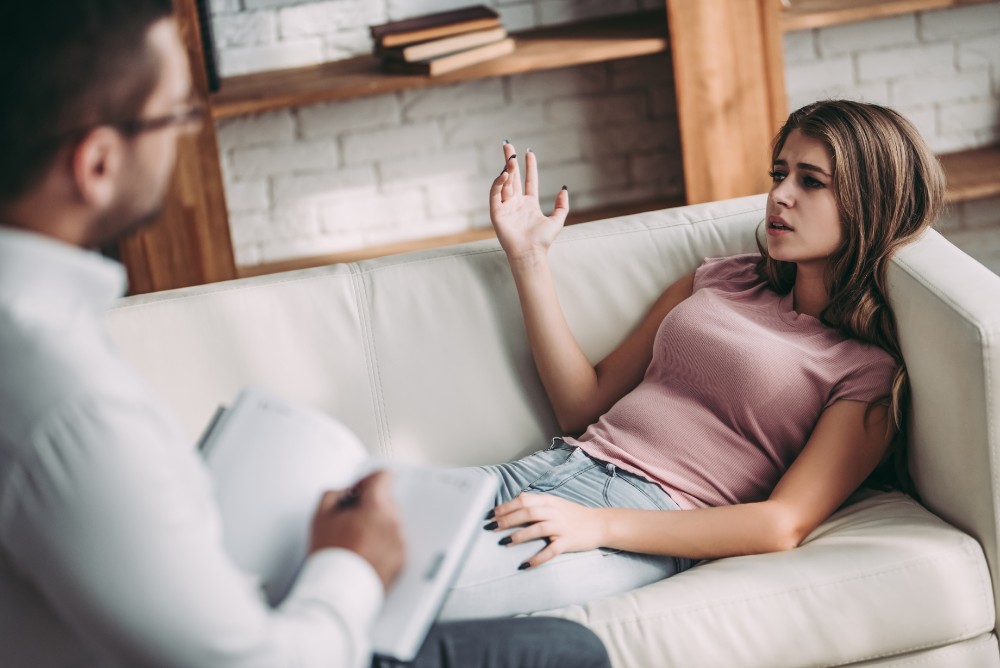As some communities commence to reopen through the global coronavirus (COVID-19) pandemic, public health officials say the ultimate way to prevent illness is to don’t be subjected to this virus.
Here are some steps from the Centers for Disease Control and Prevention to help protect yourself among others. Stay informed about what’s happening in your community, and always follow the directions of state and local authorities.
learn how to eliminate covid-19 in your home guide
Wash the hands often with soap and water for at least 20 seconds, especially after being in a public place, or after blowing your nose, coughing or sneezing.
If soap and water aren’t easily available, use a hand sanitizer with at least 60% alcohol.
Avoid touching your eyes, nose and mouth with unwashed hands.
Avoid close connection with folks who are sick. Some individuals without symptoms might be able to spread the virus.
Stay home whenever you can and prevent non-essential travel.
Practice social distancing by keeping at least 6 feet – about two arm lengths – from others if you must venture out in public.
Stay linked with family members through video and calls, texts and social media.
Cover the mouth area and nose with a cloth face cover when around others so when you must venture out in public areas, such concerning a supermarket. The cloth face cover is intended to protect other folks if you’re infected.
However, usually do not place cloth face coverings on small children under age 2, whoever has trouble breathing, or is unconscious, incapacitated or elsewhere unable to take away the mask without assistance.
In addition, usually do not use a facemask designed for a healthcare worker.
Always keep about 6 feet between yourself among others. The cloth face cover is not really a replacement for social distancing.
See CDC guidelines, including how to set-up your own cloth face cover.
Cover your coughs and sneezes. Start using a tissue to protect your nose and mouth, and throw used tissues in a lined trash can. In case a tissue isn’t available, cough or sneeze into the elbow – not the hands. Wash the hands immediately.
Clean and disinfect frequently touched surfaces daily. This consists of tables, doorknobs, light switches, countertops, handles, desks, phones, keyboards, toilets, faucets and sinks. Follow CDC guidance.
WHO’S AT AN INCREASED RISK?
Based on the CDC, early information demonstrates older adults, people who stay in a nursing home or long-term care facility, and people of any age with the conditions here are at higher threat of getting very sick from COVID-19:
Have serious underlying medical ailments, especially if not well controlled, such as heart, lung or liver disease; diabetes; moderate to severe asthma; severe obesity; and chronic kidney disease undergoing dialysis.
Have a weakened disease fighting capability, including those undergoing cancer treatment, smoking and having other immunocompromised conditions.
If you’re at higher risk for serious disease from COVID-19, it is important for you yourself to:
Stay home when possible and follow the other steps above. Avoid all cruise travel and non-essential flights.
Call your medical provider if you have concerns or even to enquire about obtaining extra necessary medications in the event you need to remain home for an extended time frame.
Call a medical expert when COVID-19 symptoms start, if you are in higher risk.
See CDC guidance to find out more for those at higher risk.
IF YOU’RE SICK
COVID-19 medical indications include fever, coughing and shortness of breath, plus additional ones listed on the CDC website. Keep an eye on your symptoms, which might appear two to 2 weeks after exposure, and call to get medical assistance if your symptoms worsen, such as difficulty breathing.
If you believe you might have been subjected to COVID-19, contact your medical provider immediately.
Mild Illness
A lot of people have mild illness and have the ability to recover at home. If you believe you are sick:
Stay home and call your physician for medical advice and before visiting a medical office. Older adults and folks of any age with serious underlying medical ailments should call physician when symptoms start.
Separate yourself from other folks in your house.
Avoid sharing personal household items, such as dishes, drinking glasses, cups, eating utensils, towels or bedding. Wash items thoroughly after with them with soap and warm water.
By yourself, clean and disinfect high-touch surfaces daily in your sick room and designated bathroom. Have a wholesome household member do the same for surfaces in other areas of the house. If you’re sharing your bathrooms, clean and disinfect it after every use.




